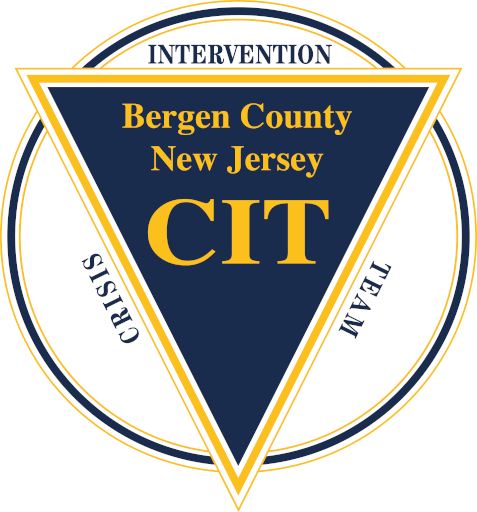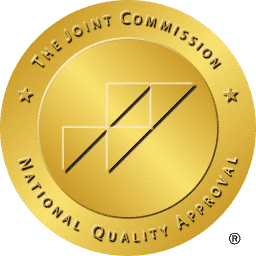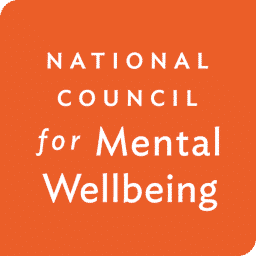Are you considering taking gabapentin to manage your pain? Or perhaps you’re already taking the medication and wondering how it may affect your body. Whatever your story is, if you’re looking for information about gabapentin, then this blog post is for you.
In this comprehensive guide, we discuss whether or not gabapentin is considered a controlled substance in different states across the U.S., as well as its possible side effects and dangers if misused or abused.
We will also provide resources on where to find help if needed so that you can make an informed decision about using gabapentin safely and responsibly. Let’s dive in!

What Is Gabapentin?
Gabapentin is a prescription medication that falls into a class of drugs known as anticonvulsants, sometimes called anti-epileptic drugs.
It works by reducing specific nerve signals sent to the brain, helping you cope with chronic pain and improve alertness. Doctors typically prescribe this drug to treat severe seizure disorders, such as epilepsy, and peripheral neuropathic pain caused by shingles or other conditions. Additionally, it is sometimes used to treat restless leg syndrome (RLS) and some types of anxiety.
Side Effects of Gabapentin Use
Gabapentin is a commonly used drug for treating nerve pain, seizures, and shingles, among other conditions. Although it helps relieve symptoms, it also carries specific side effects that are important to be aware of before beginning treatment. The most common side effects are:
- Drowsiness
- Nausea and vomiting
- Headaches
- Blurred vision
- Fatigue
- Dizziness
- Weight gain
- Fever
- Memory loss
- Rash
- Depression
Serious side effects may also occur in rare cases, including:
- Anxiety
- Suicidal thoughts
- Changes in blood pressure
- Hallucinations
- Confusion
- Frequent infections
- Severe muscle pain
- Confusion
If you or your loved one experiences more severe side effects while taking gabapentin, contact your doctor immediately.
Risks of Taking Gabapentin
Several reported risks are associated with taking gabapentin, so individuals prescribed this medication should be monitored closely.
- People diagnosed with respiratory depression: The Food and Drug Administration (FDA) has recently found that taking gabapentin may cause shortness of breath and other respiratory symptoms. Those with chronic obstructive pulmonary disease or asthma should be especially cautious when taking this drug.
- Suicidal thoughts and behavior: Gabapentin may increase the risk of suicidal thoughts or behaviors in some people. If you or your loved one experience any signs of depression or suicidal thoughts, it is essential to contact a doctor immediately.
- Misuse and abuse: Gabapentin can be addictive and has the potential for misuse and abuse. Individuals taking this medication should be closely monitored for signs of misuse or abuse.
- Medication Interactions: Some medications can interact with gabapentin and cause dangerous side effects. It’s important to let your doctor know about any other medications you are taking before beginning treatment.
- Certain health conditions: Individuals with alcohol use disorder, kidney disease, or any other serious health conditions should be cautious when taking gabapentin.
Pregnant and lactating women should exercise extra caution when taking this medication. A recent study suggested that it could be connected to an increased risk of cardiac malformations in the unborn child, preterm birth, and small size for gestational age.
How Is Gabapentin Taken?
Gabapentin is a medication used to treat nerve pain and seizures and improve sleep. It typically comes as an oral capsule or tablet, although some liquid forms are available. Depending on your dosage, taking it exactly as your doctor instructed you is essential.
When taken as prescribed, gabapentin is a highly effective medication in treating various conditions. Ensuring the doses are spaced out evenly throughout the day is also important. If you fail to follow instructions properly or miss the dose, speak with your doctor immediately as it could result in serious side effects.
Is Gabapentin Classified as a Controlled Substance?
Controlled substances are drugs regulated by the government to protect the public against their potential for abuse and addiction. Controlled substances motivate intense public interest due to their reputation for being highly hazardous and addictive. Numerous government agencies, such as the FDA and the Drug Enforcement Administration (DEA), have categorized these dangerous materials as needing special attention, laws, or regulations about usage and acquisition.
Presently, seven states have classified gabapentin as a Schedule V controlled substance, and 12 others, New Jersey included, require that gabapentin prescriptions be reported in the PDMP system. Every time a prescription for gabapentin is filled out, it will automatically be added to the database.
The FDA and DEA have also warned against the abuse of gabapentin by those who have not been prescribed it. Public Citizen, a non-profit advocacy group, has stated that recent studies showed that gabapentin increases the risk of opioid overdose death.
With the opioid epidemic at an all-time high, the federal government is keeping a close eye on gabapentin and other substances that could potentially be abused.
Symptoms of Gabapentin Addiction
When taken as prescribed, gabapentin is unlikely to cause addiction. However, abusing the drug can lead to physical and psychological dependence that can be difficult to break. Recognizing the signs of addiction is critical to helping individuals suffering from it get the treatment they need.
Common symptoms of gabapentin abuse include:
- A compulsion or craving for the drug
- An inability to stop using or reduce usage despite negative consequences
- Continued use, even with physical or psychological harm
- Using more of the drug or for more extended periods than prescribed
- Dosage changes without medical supervision
- Experiencing withdrawal symptoms when attempting to quit
Getting Help With Gabapentin Abuse and Addiction
Prescribing gabapentin may induce feelings of euphoria or relaxation in some people. This can lead to abuse and addiction, especially for someone with a history of substance abuse or mental health issues.
According to recent research, up to 40 percent of those prescribed gabapentin take more than the usual dose recommended by their medical professionals.
Others also use opioids, alcohol, marijuana, and other substances to heighten the effects of gabapentin. Regardless of how it is being abused or misused, help should be sought immediately if you feel addicted to this medication.
Treatment options for gabapentin abuse and addiction include:
- Detoxification: A detox program will help clear your system of toxic substances and help you overcome any physical dependence. Most treatment facilities provide a medically supervised detox program.
- Rehabilitation: In-patient and outpatient rehabilitation programs can help you overcome psychological dependence on the drug and reduce cravings. These facilities can also provide other therapeutic services, such as cognitive behavioral therapy and holistic care.
- Recovery support groups: Recovery support groups like Narcotics Anonymous (NA) and other 12-step programs can provide support and accountability to help you abstain from the drug and prevent a relapse into old habits.
- Medication-assisted treatment (MAT): MAT is an evidence-based approach that combines medication with behavioral therapy to reduce cravings and withdrawal symptoms associated with substance abuse disorders. Currently, no medications are explicitly approved for treating gabapentin abuse and addiction.
If you or someone close to you is battling an addiction to gabapentin, seek professional help immediately to avert any further damaging effects. Addiction treatment can often be a drawn-out journey. However, with the right aid and resources, sustained healing is attainable.
Conclusion
In summary, gabapentin has the potential to be misused and abused just like any other prescription medication. However, it also provides some medical benefits when used appropriately and with the proper caution.
Doctors should consider this carefully when prescribing gabapentin, and patients should be aware of the potential risks, such as addiction and overdose. If you or someone close to you is suffering from gabapentin misuse or abuse, steps can be taken to seek help and begin recovery.
Our treatment center can provide the perfect solutions if you’re seeking assistance for your recovery journey. Contact us today and find out how we can support you on this transformative path toward health and wellness!

CarePlus NJ, INC. is dedicated to excellence in mental healthcare and has a commitment to life-long support needed by individuals and their families to ensure that they achieve their full potential and improve the quality of their lives.









